
In the interview, Zhang Wei criticized the fraudulent innovation of Luckin Coffee and pointed out its incompetence in operational abilities.
READ
"China possesses a huge market and much leeway with substantial opportunities. China, where you can definitely make a fortune.”
READ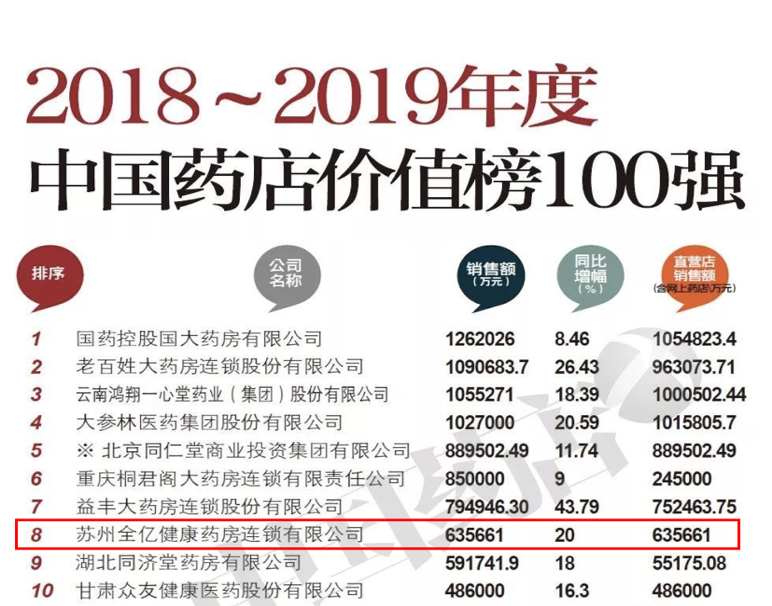
As a startup established in 2016, Suzhou PharmPlus Pharmacy Chain Co., Ltd. 苏州全亿健康药房连锁有限公司 (hereinafter referred to as “PharmPlus”) has achieved an “atypical growth” of 6 billion yuan in turnover in just three years.
READ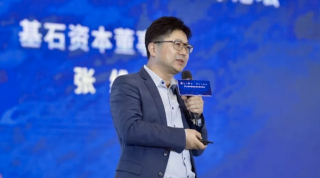
“So, it is easy for companies like Alibaba and Tencent to take off in a short time and become one of the world leaders. But it is difficult for hard tech companies in China. Therefore, the success of HUAWEI is bigger.” Zhang Wei added.
READ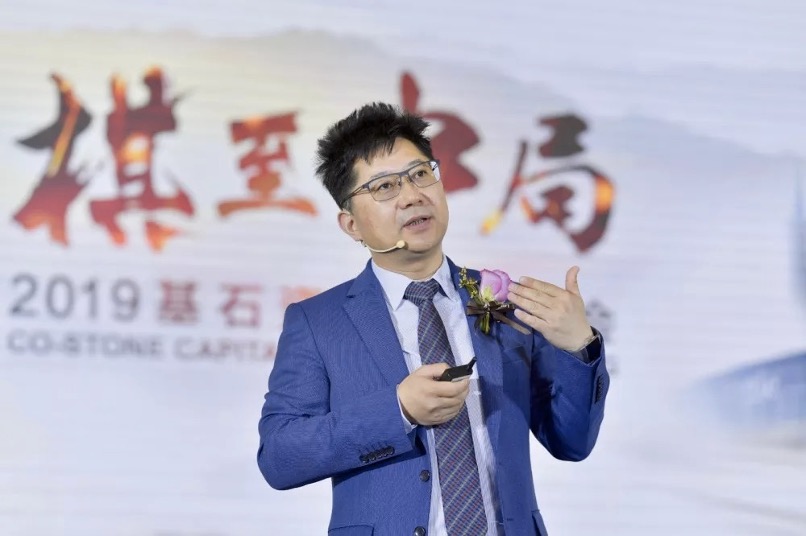
On CoStone Capital’s annual conference on April 28th, CoStone Capital Zhang Wei provided a perspective that the upcoming Sci-tech Innovation Board (STAR Market) is another great practice of asymmetric competition in China’s capital market.
READ
In the interview, Zhang Wei criticized the unwise investment on the trendy projects and reiterated that he remained bearish in projects like NEVs and bicycle sharing.
READ

In a recent week, many listed companies had disclosed massive losses in quite a ridiculous way. Seriously speaking, that was a real embarrassment to China’s capital market.
READ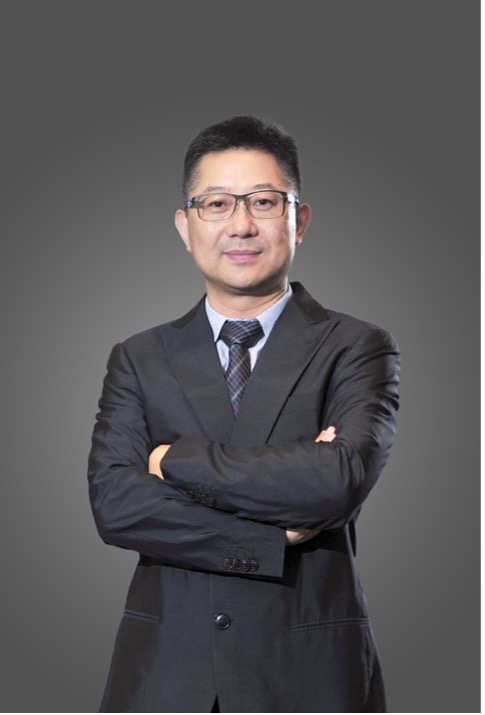
China Securities Regulatory Commission (CSRC) says it’s pushing ahead with the reform and opening-up of the capital market by accelerating the pilot program of Shanghai’s Science and Technology Innovation Board, also known as the STAR Market. CoStone Zhang Wei published an article on the Nasdaq-style STAR Market in Securities Times. The article is as follows:
READ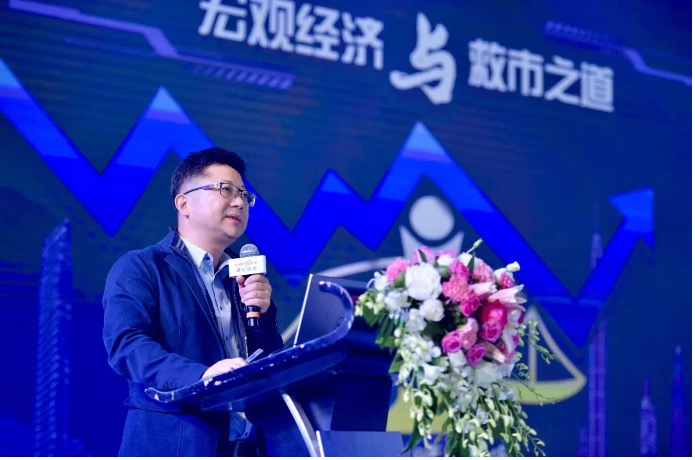
Recently, to relive share pledge crisis for listed companies, lots of “bailout funds” have come up in the market, drawing much attention and discussion.
READ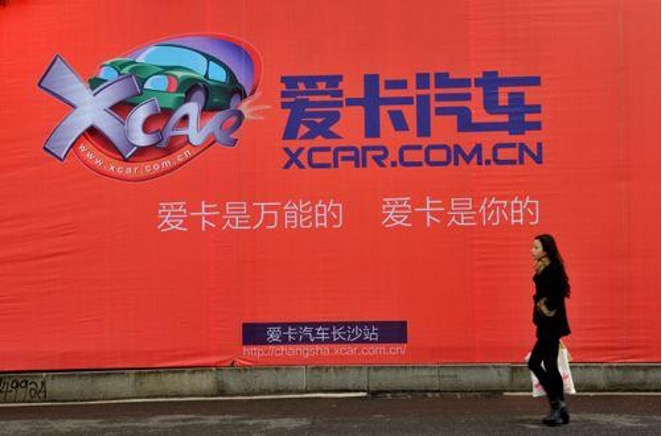
CoStone Capital started its engagement in buyouts in 2004. After nearly 15 years of practice, it has gradually fashioned its own principles: only invest in familiar fields, tie itself closely to the company’s management team, get highly involved in corporate operations, and obtain more benefits beyond efficiency improvement through industry collaboration.
READThe year 2019 marks the fortieth anniversary of China’s Reform &Opening-Up, once again, we meet at the turning point of history. What’s the next step for the game, is there any clear guidance? The answer is affirmative.
Our country is enjoying a good momentum of development, which does not come from the Washington Consensus nor the Beijing Consensus. China’s experience has proved that both the visible hand and the invisible hand are crucial: the visible hand, stands for the government-led reform, and would yield benefits for reform and opening up; the invisible hand, stands for the Marginal Power represented by the private sector, and would improve economic efficiency and tax collection, create jobs and employment opportunities.
Provided that we want to protect and expand the benefits form reform, three simple but mandatory agreements are to be made and followed: No.1 Private ownership must be recognized, protected and treated equally with public ownership constitutionally, both ownerships are scared and inviolable;No.2 Make further clarification of the principal position of market economy, “deepen economic system reform by centering on the decisive role of the market in allocating resources”, as President Xi addressed in the third Plenary Session of the 18th CPC Central Committee;No.3 Implement the guiding principles of “comprehensively promoting law-based governance” of the fourth plenum. The rule of law is essential for economic growth, irreplaceable to protect private ownership, and necessary to encourage innovation and entrepreneurship.
Above are three rules for us to avoid falling into the Middle-income Trap. Assuming that we are breaking systematic barriers to private enterprises’ participation in market economy, and boosting innovation and entrepreneurship of our society, then we are heading towards a promoting direction. We are marching in the path of light, regardless of the ups and downs of Sino-US relationship, the drop in GDP growth rate, or the monetary policy.
These principals also apply on knowing how better to run a business: don’t be hedged by rules and regulations at the beginning, pay more attention to your survival, and you’ll learn more when you start your second business.
For many years, Huawei has been the only Chinese company on the list of the Top 50 R&D Spenders. Regardless of the economy and its income, what Huawei has been doing is investing in its future, dedicated to R&D, continuously and resolutely. This provisional work underscores Huawei’s accomplishments, making Huawei anindustry leader.
So, there are standard answers on how to run a company,which could be summarized as concentration and professional dedication, continuous investment on innovation and trying harder in R&D. Entrepreneurship is also important, every single company needs entrepreneurs to push aside all obstacles and difficulties, to implement strategies and ideas. We, as investors, are destined to look for such outstanding entrepreneurs and their companies, invest in them and partner with them.
At this key point of history, a country, a company, or asingle individual, will all need to find the right path. Four decades after the Reform and Opening-up, it’s time to learn from our experience and stop “wadding across
